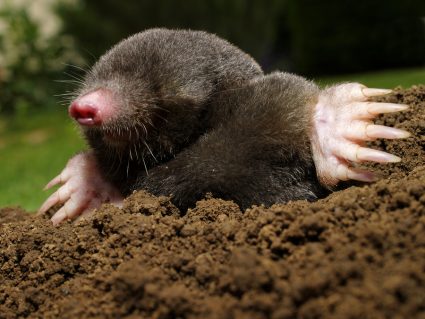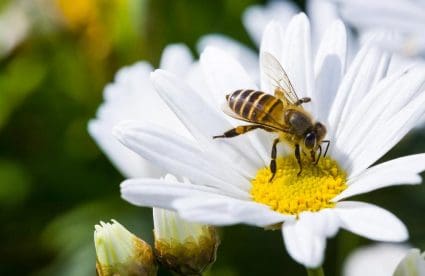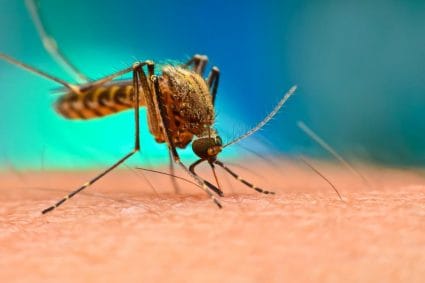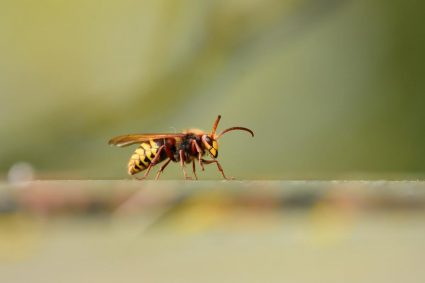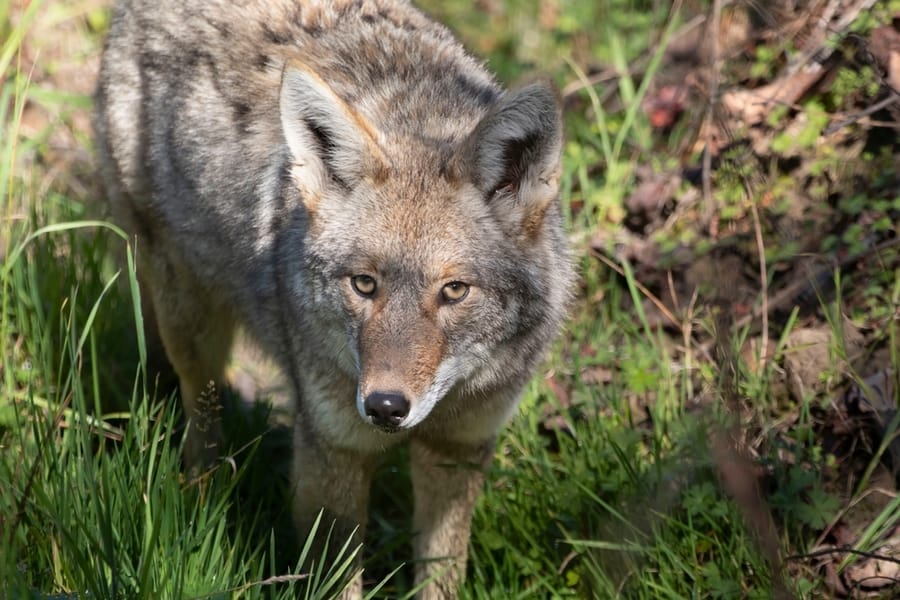
Are you concerned about coyotes in your area?
What are some of the smells that are known to repel coyotes?
How do you use these smells effectively? And are there any other tips for keeping coyotes away from your property?
If you live in an area where coyotes are common, you may be looking for ways to deter them from your property.
One option is to use smells that coyotes dislike.
This article will explore some of the most commonly recommended smells for deterring coyotes and provide tips for using them safely and effectively.
Coyotes are adaptable and intelligent animals known to live in both urban and rural areas. While they generally avoid humans, encounters with coyotes can sometimes result in conflicts, particularly when they prey on pets or cause property damage.
Many people look for ways to deter coyotes from their property to reduce the likelihood of such conflicts. One method is the use of smells that coyotes find unpleasant.
Here are some smells that are generally reported to be disliked by coyotes:
- Ammonia
- Mothballs
- Garlic and pepper
- Predator urine
- Vinegar
It is important to note that coyotes are intelligent animals and can quickly learn to adapt to different smells if they associate them with food or other positive experiences.
Additionally, coyotes have individual preferences and may not react similarly to a particular smell.
In this article, we will explore some of the most commonly recommended smells for deterring coyotes and provide information on how to use them effectively.
Additionally, we will discuss other measures you can take to minimize the risk of coyote encounters and promote coexistence with these animals.
Top Seven Smells That Coyotes Hate
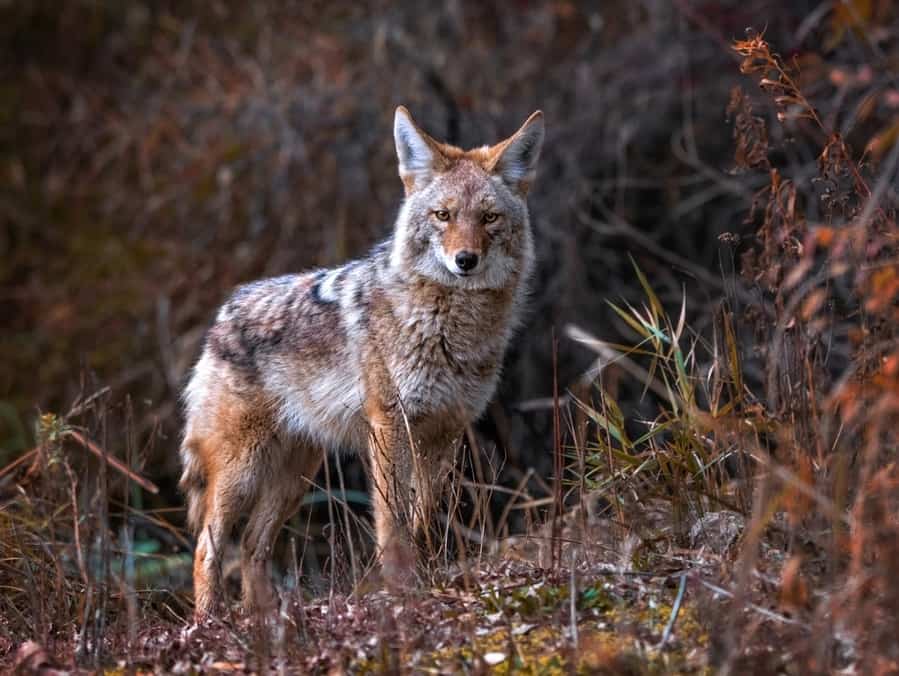
Below we explored some top smells that coyotes hate, and we can take advantage of them.
These include…
1. Ammonia

Coyotes have a keen sense of smell, and ammonia has a pungent odor that can be unpleasant.
To use ammonia as a coyote deterrent, you can soak rags or cotton balls in ammonia and place them around the perimeter of your property or in areas where you want to keep coyotes away.
You can also try hanging ammonia-soaked rags from trees or fences. However, it is important to note that ammonia can harm plants and irritate people’s and pets’ eyes and respiratory systems, so use this method cautiously.
2. Garlic and Pepper
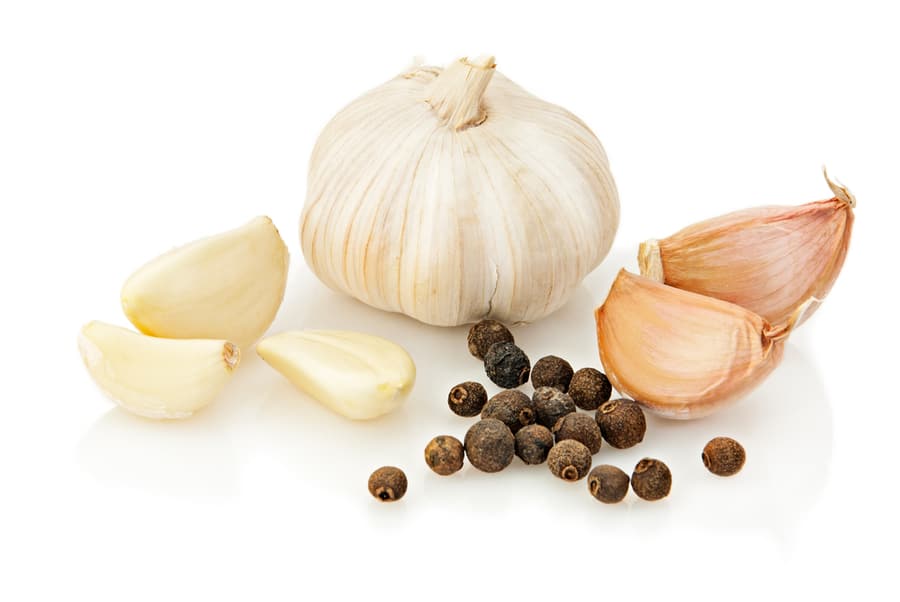
Coyotes have a strong sense of smell, and the strong odors of garlic and pepper can be unpleasant for them.
To use these ingredients as a coyote deterrent, you can mix them with water and spray the solution around the perimeter of your property or in areas where you want to keep coyotes away.
However, it is important to note that some people may find the smell of garlic and pepper unpleasant, so use this method with consideration for your neighbors.
3. Predator Urine
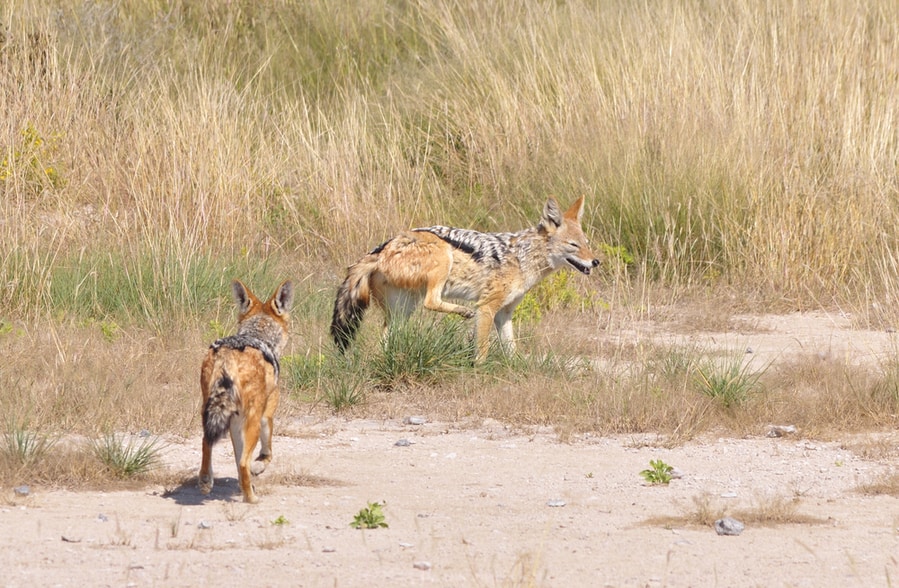
Some people use predator urine as a coyote deterrent. The idea is that the smell of a predator’s urine will make coyotes think twice about entering the area.
However, it is important to note that the effectiveness of this method is debatable. Additionally, obtaining predator urine can be difficult and may require purchasing it online or from a hunting supply store.
Some people use fox urine to repel coyotes. You can purchase fox urine online or from a hunting supply store, spray it around your yard, or use it to soak rags.
4. Citrus

Coyotes have been reported to dislike the scent of citrus fruits, particularly:
- Oranges
- Lemons
- Grapefruits
You can use the scent of citrus to deter coyotes by placing orange or lemon peels around your yard or using a citrus-scented spray.
Also, you can try cutting up pieces of citrus fruit and placing them around your property.
You can also try making a citrus spray by mixing water with citrus essential oils.
However, it is important to note that the effectiveness of using citrus to repel coyotes can be minimal. Use this scent in combination with other ways to repel coyotes.
5. Vinegar

Like ammonia, vinegar has a pungent smell that can be unpleasant for coyotes.
You can use vinegar to deter coyotes by spraying water and vinegar around your yard.
However, vinegar can harm plants like ammonia, so use it cautiously.
You can also try soaking rags in vinegar and placing them around your property.
6. Human Hair

Some people have successfully deterred coyotes by placing human hair around their property.
The theory is that the scent of human hair will make coyotes think that people are nearby, which can scare them off.
You can collect hair from a hair salon or your hairbrush and then distribute it around your yard.
However, like using citrus, the effectiveness of using human hair to deter coyotes is minimal. Use it in combination with other smells that coyotes hate.
7. Scent of Mothballs
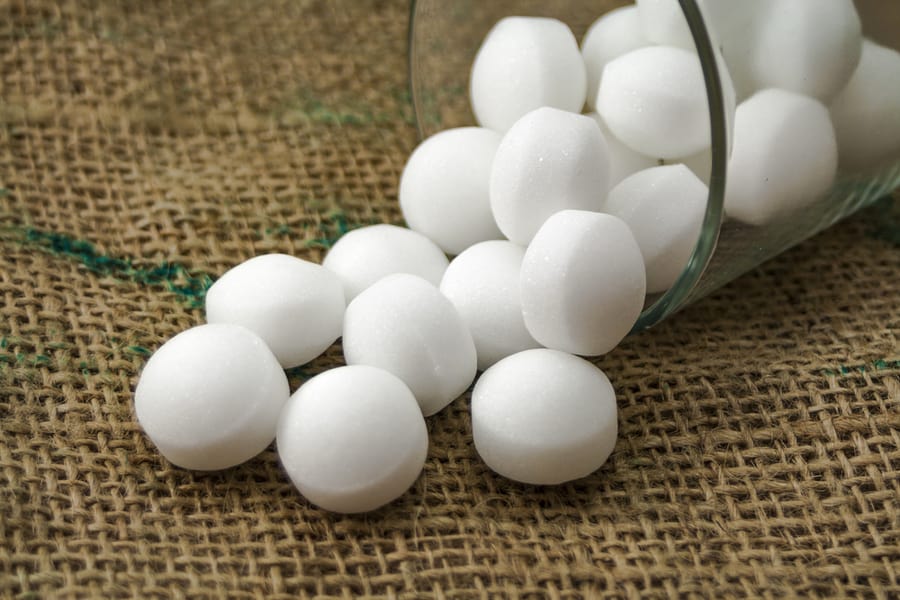
Mothballs are another scent that can repel coyotes. Mothballs contain naphthalene, which has a strong and unpleasant smell that can irritate coyotes.
To use mothballs to deter coyotes, you can place them around your property, particularly in areas where you have seen coyotes before.
However, it is important to use mothballs with caution, as they can harm humans and pets if ingested.
If you use mothballs as a coyote deterrent, keep them in a container or mesh bag to prevent accidental ingestion and keep them out of reach of children and pets.
Additionally, they can harm the environment and should be disposed of properly.
Other, safer methods of deterring coyotes are recommended before resorting to mothballs.
How Do You Use These Smells Effectively?
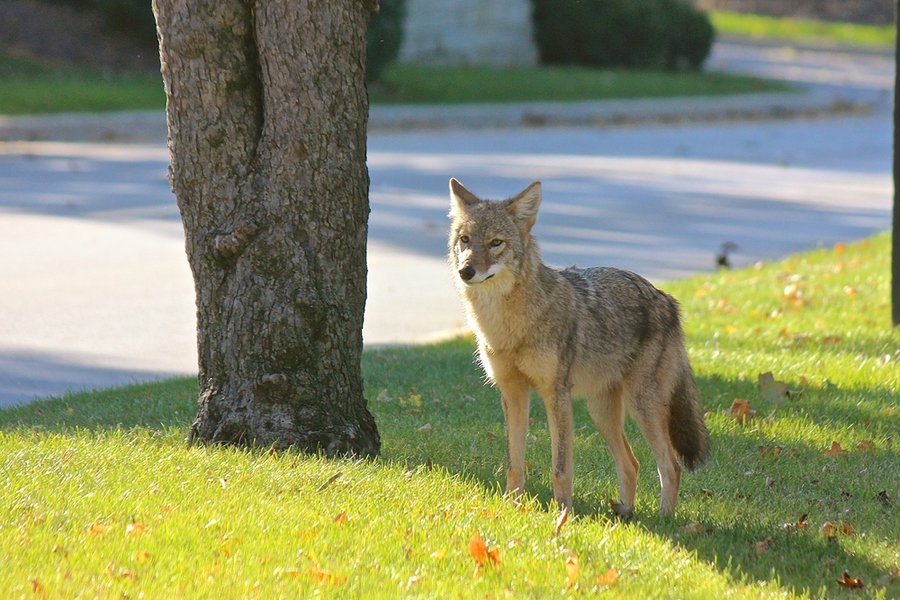
To use smells effectively to deter coyotes, there are a few things to keep in mind:
1. Determine the Areas Where Coyotes Are Active
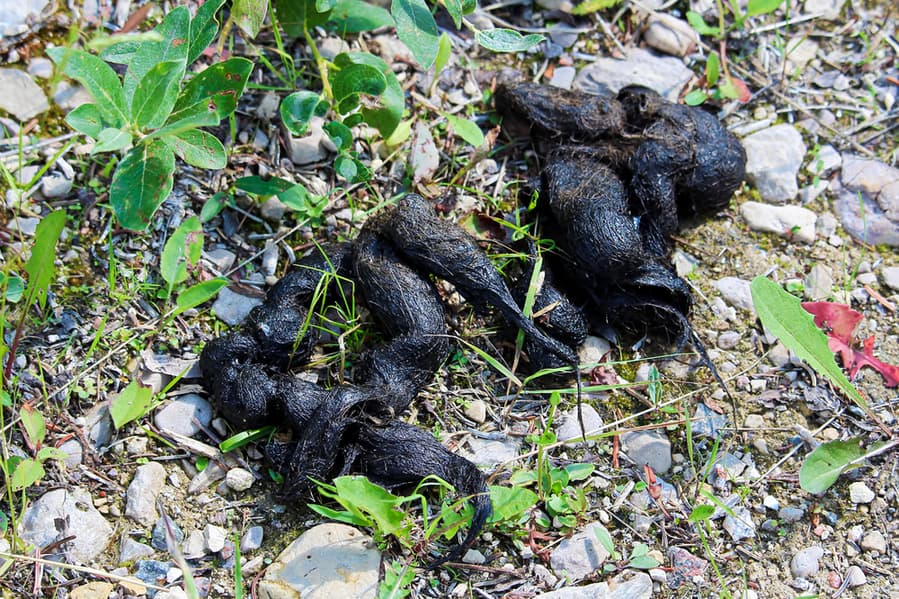
Before using any smell that coyotes hate, it is important to determine the areas where coyotes are active.
This will help you to target your efforts and maximize the effectiveness of the repellent.
Coyotes are territorial animals that tend to follow the same routes and paths. So, to determine the areas where coyotes are active, look for signs such as:
- Tracks
- Scat
- Den sites
You may also observe coyotes in the area or hear them howling or tipping. Once you have identified the areas where coyotes are active, you can target your use of scents they hate in those areas.
2. Use Strong Smells

Coyotes have a highly developed sense of smell, so it is important to use smells that are strong enough to be noticeable. This may mean using concentrated forms or refreshing the repellent frequently.
Some common smells that coyotes dislike include ammonia, pepper, vinegar, and citrus.
You can use these smells in various ways, such as spraying them directly on surfaces or using them to soak rags or cotton balls you place around your property.
3. Use the Scent Repellent in a Consistent and Strategic Manner

To maximize the effectiveness of the repellent, apply it consistently and strategically.
This may mean placing the repellent in the areas where coyotes are most likely to enter your property or refreshing the repellent regularly.
For example, if you have seen coyotes entering your property through a particular gate or fence, you can focus your repellent use on that area.
Additionally, it would be best to refresh the repellent frequently, as the scent can wear off over time.
4. Be Aware of Potential Risks

It is important to be aware of potential risks associated with using repellents, such as harm to plants, pets, or people.
Be sure to use the repellent safely and responsibly, following all label instructions and taking appropriate precautions.
For example, if you use a spray repellent, avoid spraying it directly on plants or surfaces that the repellent may damage.
Keep the repellent away from pets and children, and use gloves and eye protection when applying the repellent.
Conclusion
While using smells that coyotes dislike may help deter them from your property, it is important to remember that these methods are not foolproof. Coyotes are intelligent and adaptable animals that may become accustomed to new smells over time.
Therefore, combining smells with other measures, such as removing attractants, securing garbage, and supervising small pets outside, is important.
Additionally, it is important to understand that coyote plays an important role in the ecosystem and that our actions can have unintended consequences.
By taking a proactive and responsible approach, we can minimize the risk of conflicts with coyotes and promote coexistence with these fascinating animals.
Additionally, it is important to be aware of local regulations and to use these methods safely and responsibly.
Frequently Asked Questions
Are There Any Risks Associated With Using Smells To Deter Coyotes?
Yes, there are some risks associated with using smells to deter coyotes. Some repellents may harm plants or other animals, and some may be toxic if ingested.
Using these repellents safely and responsibly is important, as following all label instructions and taking appropriate precautions.
How Effective Are Smells at Deterring Coyotes?
The effectiveness of smells at deterring coyotes can vary depending on the specific scent, the concentration used, and the behavior of the coyotes in the area.
In some cases, smells may be effective at deterring coyotes, while in others, they may have little or no effect.
Should I Only Rely on Smells To Deter Coyotes?
No, using smells to deter coyotes should be part of a comprehensive strategy that includes other measures, such as removing attractants and securing garbage cans.
Additionally, it is important to be aware of local regulations and to use repellents safely and responsibly.
Taking a proactive and responsible approach can reduce the risk of conflicts with coyotes and promote coexistence with these animals.

